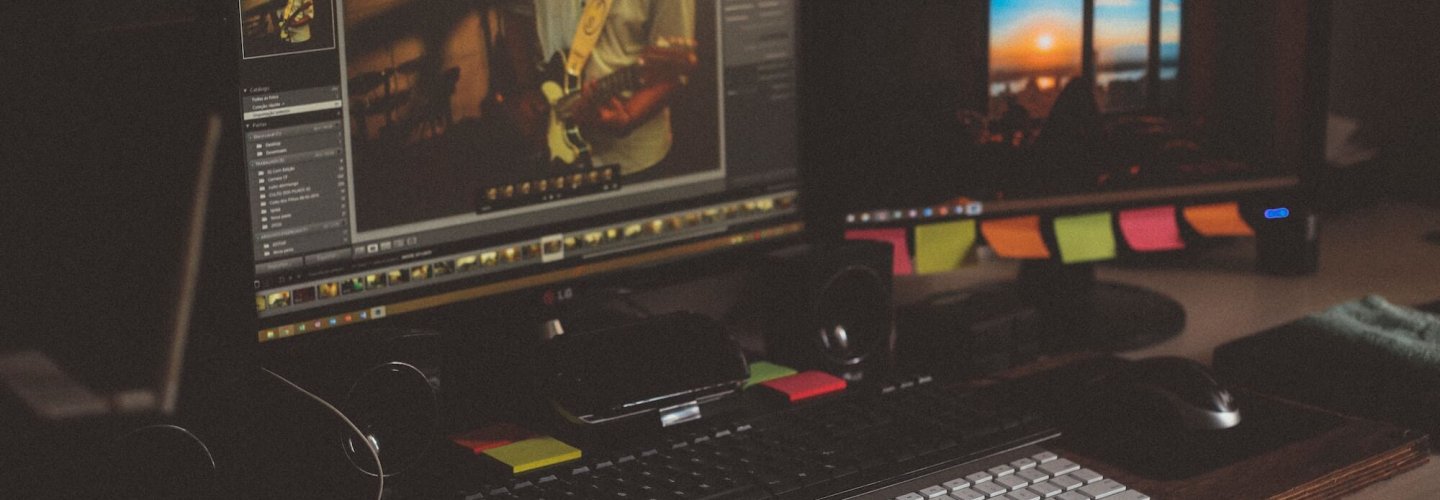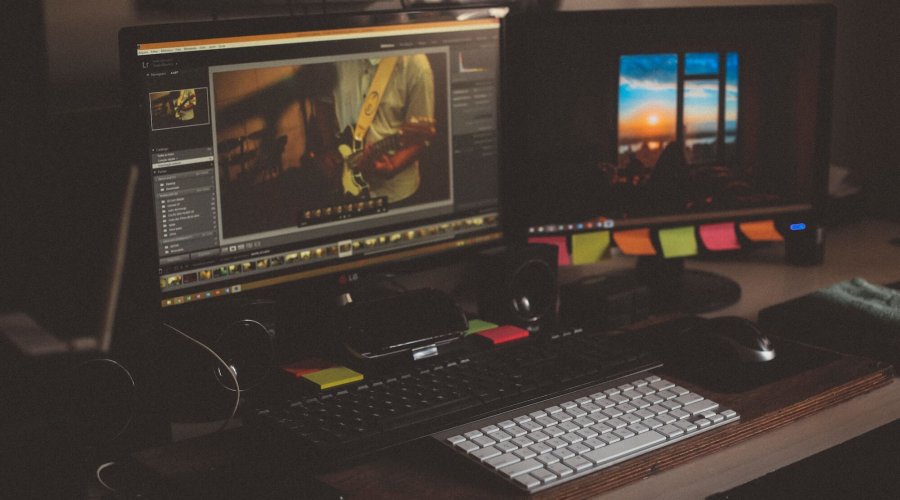Remember the last time you saw a movie and got excited at a scene with an appropriate soundtrack? Ever wondered if your music could be part of the soundtrack in that blockbuster summer film, or that new Netflix series? Yes? Right, let’s talk sync.
What is Sync?
Sync (or synchronisation) is a process where songs are combined with moving images – film, TV series, adverts, video games, trailers etc. Sync deals are usually arranged between a music publisher and a prospective client, which is normally a music supervisor or a film producer.
Music supervisors are the people responsible for sourcing music that can be used in a project. So, a music publisher’s job is to pitch your music to the relevant music supervisors and grant them a sync license if they do decide to use your music.
The sync licence gives someone the permission to use your composition in a moving picture, subject to contract regulations.
To begin the sync process, music has to be pitched to music supervisors. Bear in mind that music supervisors may not be hired by every single entertainment company; some companies opt to use one of their own employees to head the music team for a project. This is especially true of video game companies, as many employ their own sound designers or composers.
It is crucial that only relevant and appropriate music is being pitched to supervisors, as it will give you a higher chance of success. It also contributes towards a good working relationship with the music supervisor.
There are many types of visual platforms that benefit from sync deals; here’s a short list to give you an idea:
- Movies
- TV series
- Documentaries
- Video Games
- Trailers
- Advertisements
Why is Sync Important?
One of the most important reasons why sync is crucial to a composer is income. The digital age has made it relatively difficult for musicians to generate revenue.
Remember when Taylor Swift pulled all her songs from Spotify? Her reason behind her actions was that she believed “valuable things should be paid for”. But realistically speaking her decision would ultimately help boost album sales. It’s no secret that physical CD sales have been declining steadily in the market.
That being said, sync deals can often pay more than physical music sales, especially if the song is re-used on multiple platforms. So, every time a song is reproduced in any visual media, the original owner of the music is paid a fee, known as a royalty. For example, every time your song is used as an advertisement jingle, you would be paid each time that advert is reproduced with your music.
Getting your music into movies or TV series is one way to help create a greater awareness of new material, especially if you’re a newcomer to the music scene. Think of it as a stepping stone towards gaining widespread recognition and expanding your fan base, locally and internationally. You might not be rewarded instantly, but sync deals aid your prospects just by making your music accessible.
In summary, working with a music publisher will greatly increase your chances of getting your music synced.

